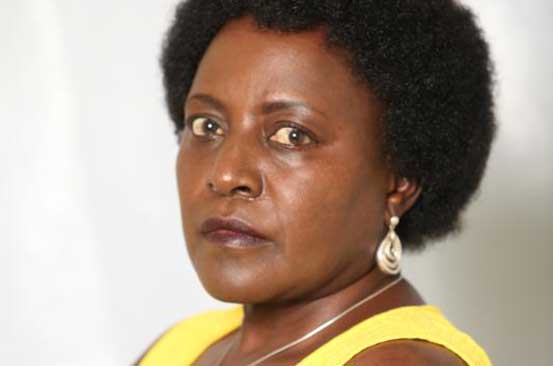×
The Standard e-Paper
Join Thousands Daily

NAIROBI: “It began as an itch on the right side of the scalp, progressed to the head and later the entire body, as my stress levels increased,” says Rose Jebiwott Boit, a former Kenyan High Commissioner to Namibia.
As the skin condition spread to the neck, chest and eventually the entire body, she sought medical attention once she returned to Kenya at the end of her ambassadorial posting.







